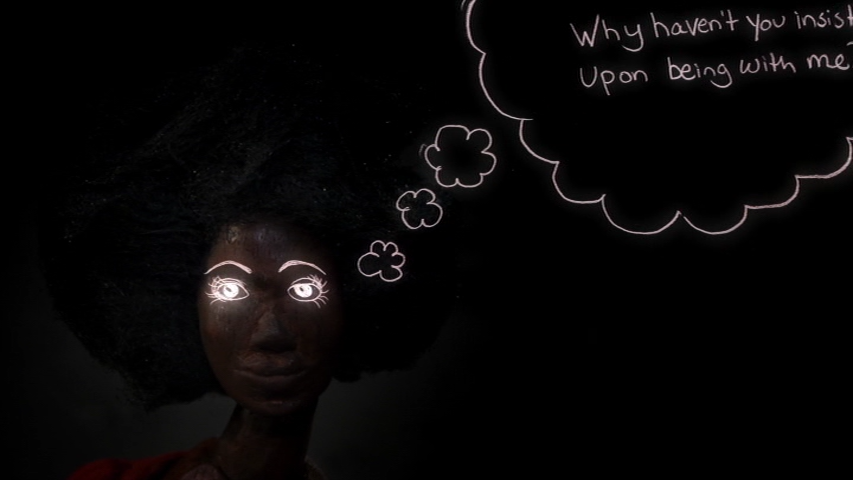Terence Nance: An Oversimplification of Her Beauty
Terence Nance and Namik Minter have agreed to let Terence Nance develop what appears to be his first student film into a feature in wide release, An Oversimplification of Her Beauty. This is film strikes me as the “Black Bohemian” film artists of my small social circle were looking for in the early 1990s. What I mean by Black Bohemian is “the practice of an unconventional lifestyle, often in the company of like-minded people [of African Descent], with few permanent ties, involving musical, artistic, or literary pursuits…” In this narrow context, Terence expands upon say, Mobolaji Olambiwonnu, his short film, Candlelight Dinner, and produces a moment in time that I personally value. It is like one of my sons went to art school and came back with a charming document, a fleeting moment in time of African urbanite youth.
The reason why I opened the first paragraph in that way with Namik Minter is because I know what another, more asshole-like (or less secure) sister might have done to prevent Terence Nance from speaking (assuming this whole gig is more-than-semi-autobiographical). Terence might have been stopped cold by a post-pubescent feminist assault about why this presumptuous male is manipulating “the identity” of this woman. How dare he make any declarative statements in her general direction! In the monologue, Terence explicitly tells us what strikes me as the truth: he waited for her to make her film—to answer his film and she never did. I was very glad to see this as part of the story. What she could have done (old-bitter-man spoiler alert!) is not make her film and then stop Terence from making his—and Terence would have to stop or risk accusations of abstract rape. So when “we” wonder why more of these films don’t get made “we” tend forget the crab-like shit like that I am dragging you down with here in this paragraph.
The use of monologue in this film is, to me, a creative survival tactic that Terence used to get his film made. Without the use of the god-like voice Terence might have had the need for more expensive sound equipment and rehearsals with actors that might not be as available for the limited resources at his disposal. I also dare to assume that the animation is there also for the same, courageous, desperate reasons. Some young filmmakers from my generation turned to live action away from animation to prevent themselves from working in complete isolation (like a horrid novelist or something), I think young Terence has something to teach us about how to straddle both worlds and just get the blasted thing done!

